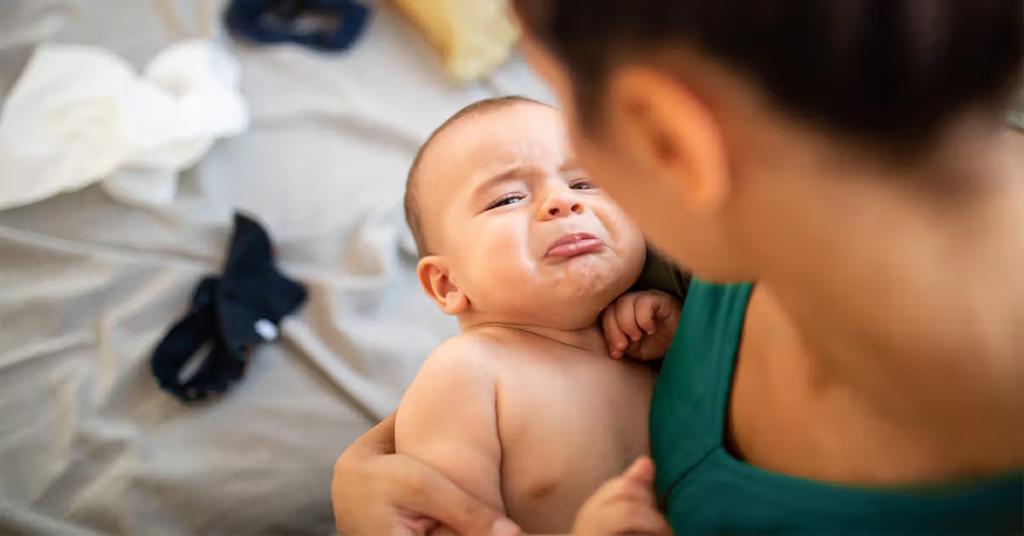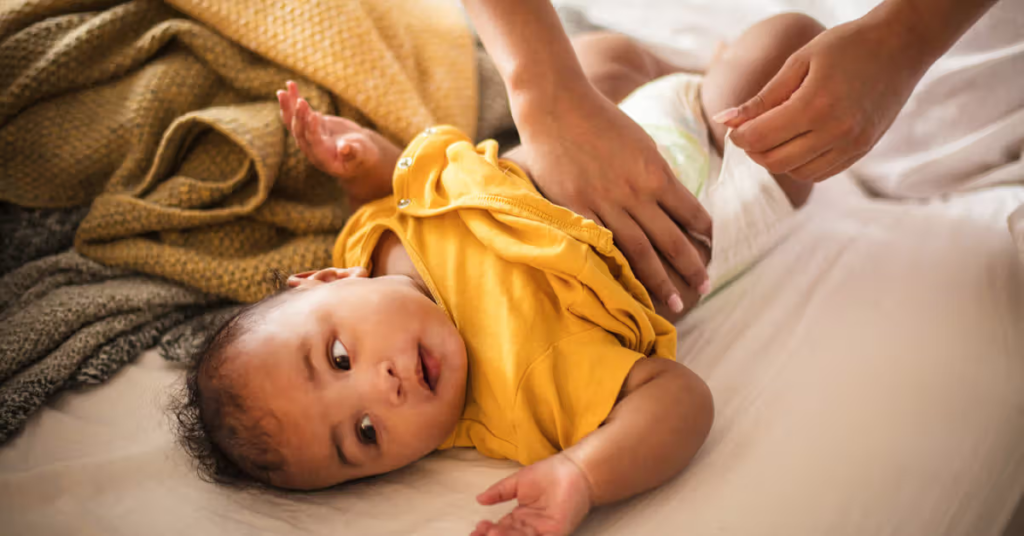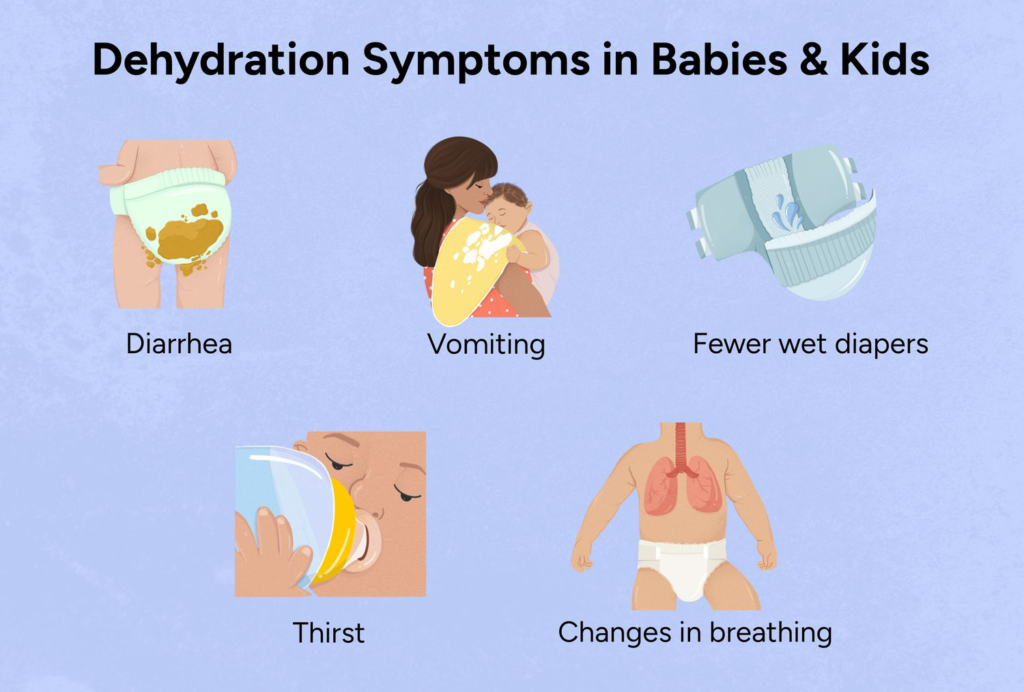Understanding Diarrhea in Babies: When to Seek Medical Attention

Diarrhea is a common concern for parents of babies, often causing worry and anxiety. While diarrhea itself is not usually harmful, it can lead to dehydration and other complications if not managed properly, especially in infants. Understanding the nuances of diarrhea in babies, including when it becomes a cause for concern, is crucial for parents to ensure the health and well-being of their little ones. In this article, we’ll delve into the various aspects of diarrhea in babies, from its causes and symptoms to when it warrants medical attention.
Causes of Diarrhea in Babies:

- Viral Infections: The most common cause of diarrhea in babies is viral infections, such as rotavirus, norovirus, and adenovirus. These infections can lead to gastroenteritis, characterized by diarrhea, vomiting, and abdominal cramps.
- Bacterial Infections: Bacterial infections, such as salmonella, E. coli, and campylobacter, can also cause diarrhea in babies, often resulting from contaminated food or water.
- Food Allergies or Intolerances: Babies may develop diarrhea as a result of food allergies or intolerances, such as lactose intolerance or sensitivity to certain proteins in formula or solid foods.
- Teething: Some parents believe that teething can cause diarrhea in babies, although scientific evidence supporting this claim is limited.
- Medications: Certain medications, such as antibiotics, can disrupt the balance of bacteria in the digestive tract and lead to diarrhea as a side effect.

Symptoms of Diarrhea in Babies:
- Frequent, watery stools that may be green, yellow, or brown in color.
- Abdominal cramps or pain.
- Increased irritability or fussiness.
- Signs of dehydration, including dry mouth, sunken fontanelle (soft spot on the baby’s head), decreased urine output, and lethargy.
- Fever may accompany diarrhea, especially if it’s caused by a bacterial or viral infection.
When is Diarrhea Considered Dangerous?
While most cases of diarrhea in babies are mild and resolve on their own within a few days, there are instances when diarrhea can be dangerous and require medical attention:
- Signs of Dehydration: If your baby shows signs of dehydration, such as dry mouth, sunken fontanelle, decreased urine output, or lethargy, seek medical attention immediately. Dehydration can quickly become life-threatening, especially in young infants.
- Persistent Diarrhea: If diarrhea persists for more than a few days or is accompanied by other concerning symptoms, such as blood in the stool, severe abdominal pain, or high fever, consult your pediatrician.
- Underlying Conditions: Babies with underlying medical conditions, such as immune deficiencies or chronic gastrointestinal disorders, may be at higher risk of complications from diarrhea and should be monitored closely by a healthcare professional.
Diarrhea in babies is a common occurrence that can be concerning for parents, but in most cases, it’s mild and resolves on its own with proper management. However, it’s essential for parents to be aware of the signs of dehydration and other red flags that warrant medical attention. By understanding when diarrhea becomes dangerous and seeking prompt medical care when necessary, parents can help ensure the health and well-being of their babies.

